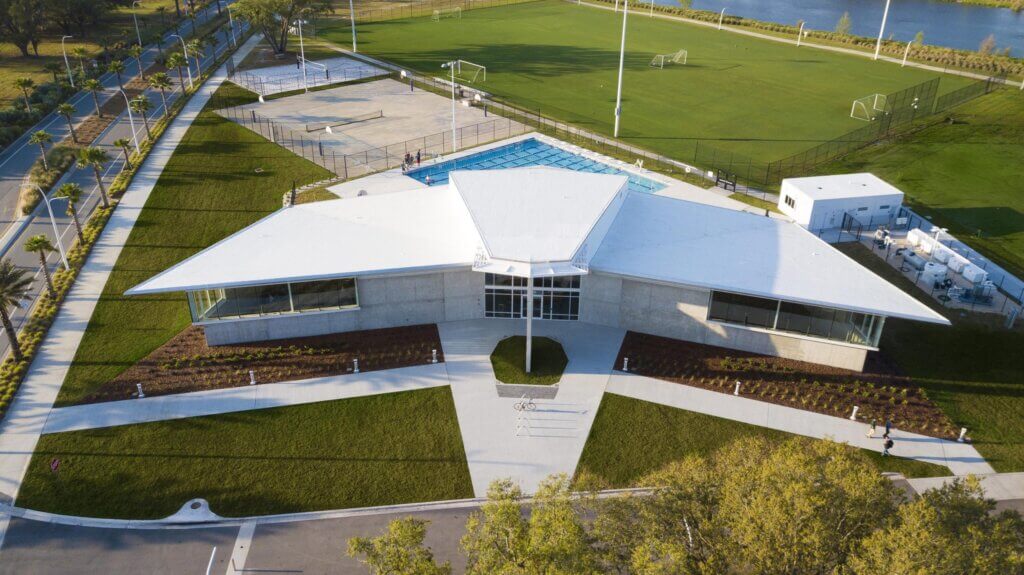Focus on Education Helps More Polk County Residents Attain Degrees
As Polk County continues to focus on education, it’s seeing results: More teenagers are graduating from high school, and more residents have college degrees.
The Florida College Access Network, an organization of community leaders that Polk County joined to improve talent development, and the Talent Pipeline Committee, formed by Polk Vision and the Central Florida Development Council, having been working hard to see it continues.
Together, they have developed relationships with Polk County Public Schools, individual schools and school counselors “so everyone gets the feeling that businesses, the community and education really play a vital role in supporting students and families and helping them move toward that next step,” said Pauline Simmonds-Brown, community engagement coordinator for Polk Vision. “Businesses understand that schools are willing to prepare students to fill that talent pipeline gap.”
Since 2014, the number of residents holding degrees in Polk County has increased 1.4 percent to nearly 30 percent, a steady climb through the years. That doesn’t include residents with workforce-related certificates, a number that’s not yet available on the county level but is 8 percent in the state.
College degrees also translate into higher salaries. Data from the Florida Department of Economic Opportunity shows:
- High school graduates make about $31,000 a year.
- Those holding a vocational certificate make about $41,000.
- Residents with an associate degree make about $61,000.
- Those with bachelor’s degrees make about $64,000 a year.
- People with advanced degrees make an average of $102,000 per year.
When formed, the Talent Pipeline Committee set a goal to provide enough workers to fill high-skill, high-wage jobs necessary to meet Polk County’s current and emerging industry workforce needs. When the county, through Polk Vision, joined FCAN, the goal expanded to include developing partnerships and increasing the number of students who applied for Free Application for Federal Student Aid (FAFSA) in the county.
“Over the past couple of years, the number has increased,” said Dr. Orathai Northern, vice president of Workforce Education & Economic Development at Polk State College and chair of the Talent Pipeline Committee. “The last time the group talked about this, the number of FAFSA applications between last February and this past February were comparable.”
The committee is working to increase FAFSA registrations in three ways, Northern said:
- Supporting Polk County Public Schools’ Career Academies.
- Working with colleges and universities to hold college and career fairs.
- Through Handshake, a platform that connects employers with students to fill jobs and internships.
Goals also include skilled craftsmen and trade workers who support the economic vibrancy in our community.
“Those individuals attaining high-skill certifications and technical achievement rather than traditional post-secondary degrees are a necessary part of our overall workforce,” said Polk Vision Executive Director Kim Long. “Polk County educators recognize the value in preparing for these skilled labor positions as evidenced by our robust offerings through Career Academies and Polk State Corporate College.”
One FCAN goal is Florida Goal 2025, which aims to have for 60 percent of working-age Floridians holding a postsecondary degree or credential by the year 2025. Simmonds-Brown said she doesn’t think that’s realistic or attainable in Polk County, based on where we are right now.
“But we can make incremental, positive changes to move in that direction. After all, it is through small incremental change that larger goals are eventually achieved. Rather than lowering our expectations, we should continue to strive for the best educational outcomes possible for our community.”



